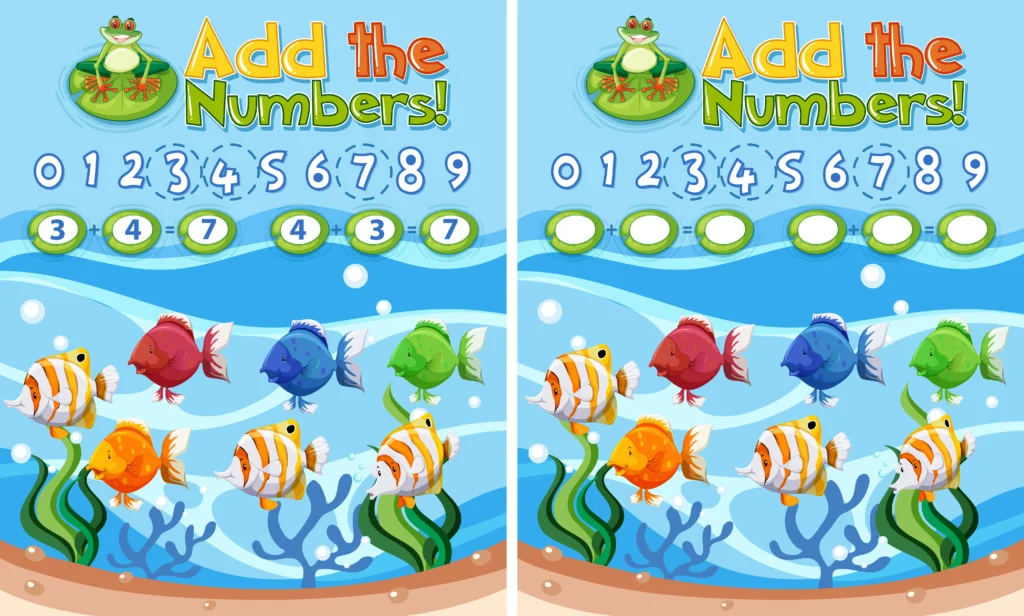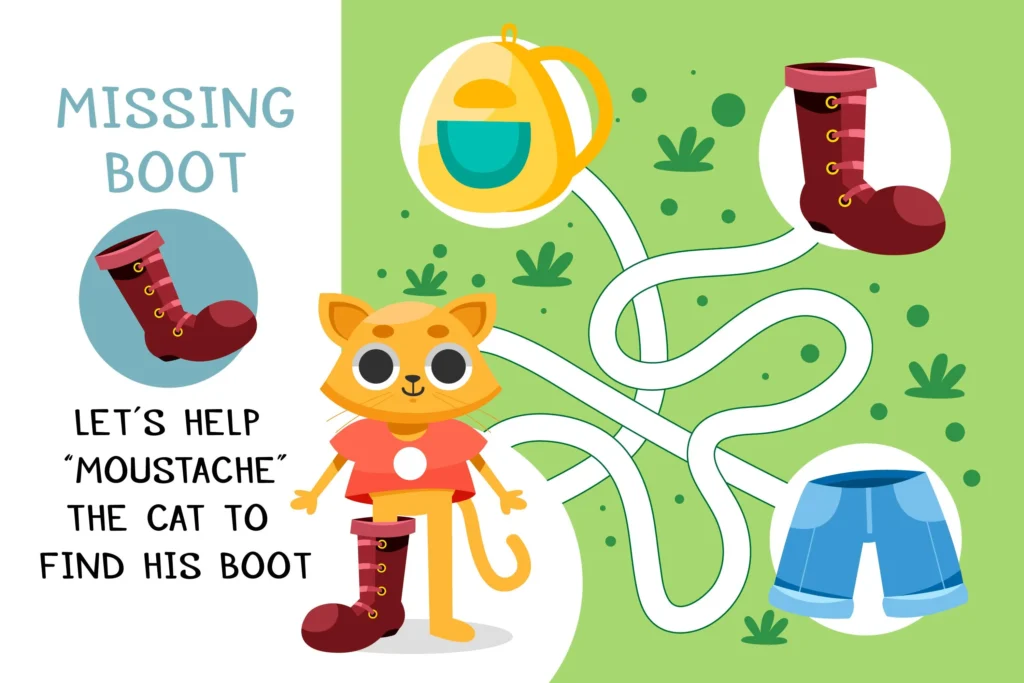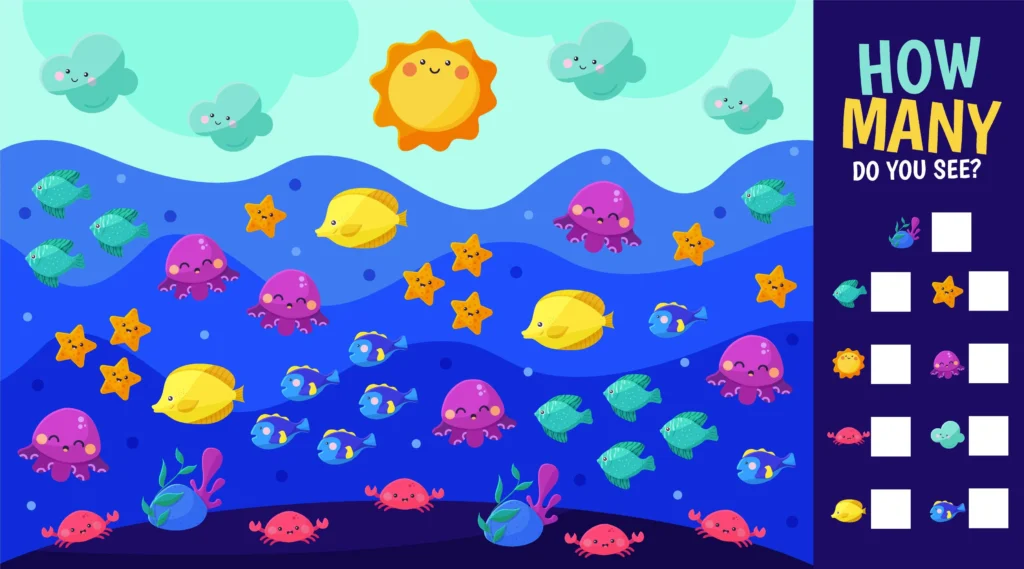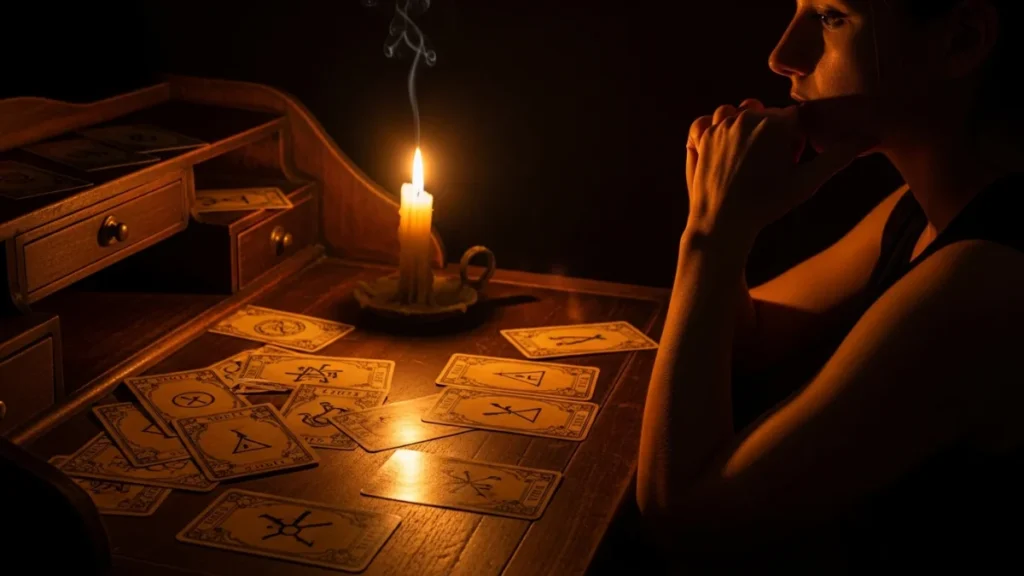Engaging children in learning can be challenging, but fun riddles for kids provide an exciting way to make education enjoyable. Riddles stimulate young minds, encouraging them to think critically, solve problems, and boost their creativity. Unlike traditional learning methods, riddles turn learning into a playful activity that children actually look forward to.
They not only entertain but also strengthen memory, improve vocabulary, and enhance reasoning skills, making them a powerful tool for intellectual development.
Riddles can be tailored to different age groups, from simple and easy puzzles for younger kids to challenging ones for older children. Incorporating riddles into daily routines during breakfast, car rides, or bedtime can transform ordinary moments into opportunities for learning and bonding.
Why Riddles Are Important for Kids
Fun Riddles for Kids are much more than simple entertainment; they play a significant role in a child’s overall development. Engaging with riddles encourages children to think logically, analyze situations from multiple perspectives, and find solutions creatively.
As they encounter new words and concepts, their vocabulary expands, while memorizing riddles and their answers strengthens memory and retention.
Key Benefits of Riddles for Kids
-
Stimulate Cognitive Skills: Encourage logical thinking and problem-solving.
-
Expand Vocabulary: Introduce new words and concepts.
-
Boost Memory: Strengthen retention by remembering riddles and answers.
-
Encourage Creativity: Inspire imaginative and out-of-the-box thinking.
-
Improve Social Interaction: Promote communication and teamwork through discussion.
Fun Riddles for Kids: Easy Ones for Young Children

Young children, especially those aged 4 to 6, benefit greatly from simple riddles that are both fun and educational. Easy riddles help them understand basic concepts, develop logical thinking, and boost their confidence as they solve each puzzle.
These riddles often involve familiar objects, animals, or daily activities, making it easier for children to relate and enjoy the learning process. By engaging with easy riddles, children improve their problem-solving skills, vocabulary, and memory while having a playful experience that keeps them interested.
Easy Mind-bender for Young Children
-
Riddle: What has keys but can’t open locks?
Answer: A piano. -
Riddle: What has a face and two hands but no arms or legs?
Answer: A clock. -
Riddle: What has a neck but no head?
Answer: A bottle. -
Riddle: What gets wetter the more it dries?
Answer: A towel. -
Riddle: What is full of holes but still holds water?
Answer: A sponge. -
Riddle: What has a tail but no body?
Answer: A coin. -
Riddle: What can you catch but not throw?
Answer: A cold. -
Riddle: What goes up but never comes down?
Answer: Your age. -
Riddle: What has a head, a foot, and four legs?
Answer: A bed. -
Riddle: I’m round and bright, I shine in the sky. What am I?
Answer: The sun. -
Riddle: What comes down but never goes up?
Answer: Rain. -
Riddle: What has hands but can’t clap?
Answer: A clock. -
Riddle: What has an eye but cannot see?
Answer: A needle. -
Riddle: I’m yellow, long, and you peel me to eat. What am I?
Answer: A banana. -
Riddle: What has legs but doesn’t walk?
Answer: A table. -
Riddle: What has a bed but never sleeps?
Answer: A river. -
Riddle: I’m round, I bounce, and I’m used in games. What am I?
Answer: A ball. -
Riddle: I fly without wings and cry without eyes. What am I?
Answer: A cloud. -
Riddle: I’m orange and crunchy, rabbits love me. What am I?
Answer: A carrot. -
Riddle: What has a ring but no finger?
Answer: A telephone.
Fun Riddles for Kids: Moderate Challenges for Ages 7–9

Moderate riddles are perfect for children aged 7 to 9, as they offer a slightly higher level of challenge that encourages deeper thinking and problem-solving skills. At this stage, children are developing their reasoning abilities, observational skills, and creativity, and engaging with riddles helps strengthen these cognitive functions.
Fun Riddles for Kids not only entertain but also improve memory, attention to detail, and logical thinking, making learning a fun and stimulating experience. By attempting to solve riddles, children learn to approach problems from different perspectives, consider multiple possibilities, and develop patience and persistence, all while enjoying the process of discovery.
Moderate Thinking game for Middle Childhood
-
Riddle: What has a head and a tail but no body?
Answer: A coin. -
Riddle: The more you take, the more you leave behind. What am I?
Answer: Footsteps. -
Riddle: What runs but never walks, has a mouth but never talks?
Answer: A river. -
Riddle: What comes down but never goes up?
Answer: Rain. -
Riddle: What has hands but can’t clap?
Answer: A clock. -
Riddle: I’m always in front of you but can’t be seen. What am I?
Answer: The future. -
Riddle: What gets wetter as it dries?
Answer: A towel. -
Riddle: What belongs to you but others use it more than you do?
Answer: Your name. -
Riddle: I fly without wings and cry without eyes. What am I?
Answer: A cloud. -
Riddle: What has a bottom at the top?
Answer: A leg. -
Riddle: What has keys but can’t open locks?
Answer: A piano. -
Riddle: I go up but never come down. What am I?
Answer: Your age. -
Riddle: What can you catch but not throw?
Answer: A cold. -
Riddle: What has one eye but cannot see?
Answer: A needle. -
Riddle: I have a neck but no head. What am I?
Answer: A bottle. -
Riddle: The more you take away from me, the bigger I get. What am I?
Answer: A hole. -
Riddle: I’m tall when I’m young and short when I’m old. What am I?
Answer: A candle. -
Riddle: What can travel around the world while staying in a corner?
Answer: A stamp. -
Riddle: I’m full of holes but still hold water. What am I?
Answer: A sponge. -
Riddle: What has an eye but cannot see and is used in sewing?
Answer: A needle.
Challenging Riddles for Older Children
As children grow older, they enjoy riddles that require more advanced reasoning and creative thinking. Challenging riddles help develop logical thinking, problem-solving skills, and patience, while also encouraging them to consider multiple perspectives.
These riddles are perfect for children aged 10 and above, as they combine fun with intellectual stimulation, making learning both engaging and rewarding. By tackling complex scenarios, older children can improve their analytical skills, boost memory, and enhance cognitive flexibility, all while having a great time solving puzzling questions.
Fun Riddles for Kids: Challenging Mental Exercise
-
Riddle: I speak without a mouth and hear without ears. I have nobody, but I come alive with the wind. What am I?
Answer: An echo -
Riddle: You measure my life in hours. I serve you by expiring. I’m quick when I’m thin and slow when I’m fat. The wind is my enemy. What am I?
Answer: A candle -
Riddle: I have cities, but no houses. I have forests, but no trees. I have rivers, but no water. What am I?
Answer: A map -
Riddle: What has many teeth but cannot bite?
Answer: A comb -
Riddle: What can travel around the world while staying in a corner?
Answer: A stamp -
Riddle: I am always hungry, I must always be fed. The finger I touch will soon turn red. What am I?
Answer: Fire -
Riddle: I am taken from a mine, and shut up in a wooden case, from which I am never released, and yet I am used by almost every person. What am I?
Answer: Pencil lead -
Riddle: The more of me you take, the more you leave behind. What am I?
Answer: Footsteps -
Riddle: What has keys but can’t open locks?
Answer: A piano -
Riddle: I have hands but cannot clap. What am I?
Answer: A clock -
Riddle: I’m tall when I’m young and short when I’m old. What am I?
Answer: A candle -
Riddle: I am always in front of you but can’t be seen. What am I?
Answer: The future -
Riddle: I am not alive, but I can grow. I don’t have lungs, but I need air. What am I?
Answer: Fire -
Riddle: What has a head, a tail, is brown, and has no legs?
Answer: A penny -
Riddle: I have branches, but no fruit, trunk, or leaves. What am I?
Answer: A bank -
Riddle: The more you take away from me, the bigger I get. What am I?
Answer: A hole -
Riddle: I’m light as a feather, yet the strongest person can’t hold me for five minutes. What am I?
Answer: Breath -
Riddle: I can be cracked, made, told, and played. What am I?
Answer: A joke -
Riddle: What has a heart that doesn’t beat?
Answer: An artichoke -
Riddle: I’m always running, but I never move. What am I?
Answer: A refrigerator
Brain Teasers for Kids
Brain teasers are an excellent way to challenge children’s thinking and reasoning skills while keeping learning fun. Just like Fun Riddles for Kids, these puzzles encourage analytical thinking, problem-solving, and creativity. Unlike simple riddles, brain teasers often require children to think from different perspectives, make connections, and approach problems step by step, making them both entertaining and educational.
They help develop patience, concentration, and logical reasoning while offering a sense of accomplishment when solved correctly. Just like Fun Riddles for Kids, incorporating brain teasers into daily routines during car rides, study time, or family game nights can stimulate mental growth and make learning engaging, enjoyable, and meaningful.
Brain Teasers for Kids
-
I speak without a mouth and hear without ears. What am I?
Answer: An echo
-
You see me once in June, twice in November, and not at all in May. What am I?
Answer: The letter “e”
-
Forward, I am heavy, but backward, I am not. What am I?
Answer: Ton
-
I’m tall when I’m young, and short when I’m old. What am I?
Answer: A candle
-
The more you take away from me, the bigger I get. What am I?
Answer: A hole
-
What has one eye but cannot see?
Answer: A needle
-
What has hands but can’t clap?
Answer: A clock
-
I have cities, but no houses. I have forests, but no trees. I have rivers, but no water. What am I?
Answer: A map
-
What can travel around the world while staying in a corner?
Answer: A stamp
-
I have keys but no locks. I have space but no room. You can enter but can’t go outside. What am I?
-
Answer: A keyboard
-
-
The more you take, the more you leave behind. What am I?
Answer: Footsteps
-
I am always hungry, I must always be fed, but if you give me water, I soon will be dead. What am I?
Answer: Fire
-
I am not alive, but I grow. I don’t have lungs, but I need air. What am I?
Answer: Fire
-
What gets wetter the more it dries?
Answer: A towel
-
I’m light as a feather, yet the strongest person can’t hold me for five minutes. What am I?
Answer: Breath
-
I can fill a room but take up no space. What am I?
Answer: Light
-
What has many teeth but cannot bite?
Answer: A comb
-
What has a head, a tail, is brown, and has no legs?
Answer: A penny
-
What can you catch but not throw?
Answer: A cold
-
I’m always in front of you but can’t be seen. What am I?
Answer: The future
Fun Tips for Parents and Teachers
Riddles are most effective when parents and teachers actively engage with children, making the learning process interactive and enjoyable. Just like Fun Riddles for Kids, they work best when adults choose age-appropriate challenges, encourage open discussions about possible answers, and praise effort rather than only correct responses. This approach fosters a positive learning environment that builds confidence, curiosity, and a love for problem-solving.
Turning riddles into games, quizzes, or competitions adds excitement, while integrating them into daily life during meals, car rides, or bedtime ensures consistent mental stimulation. These strategies not only make riddles entertaining but also enhance critical thinking, problem-solving skills, creativity, and confidence in children, creating a fun yet educational experience.
How to Make Riddles More Engaging
-
Use Age-Appropriate Riddles: Select puzzles that match the child’s cognitive level to avoid frustration.
-
Encourage Discussions: Talk about the answers and the thought process behind them to enhance understanding.
-
Reward Effort: Praise children for trying, even if the answer is incorrect, to build confidence.
-
Create Riddle Games: Organize quizzes or friendly competitions to make learning playful.
Conclusion:
Incorporating fun riddles for kids into daily life provides an entertaining way to boost critical thinking, creativity, and problem-solving skills. Riddles not only make learning enjoyable but also help children develop memory, vocabulary, and analytical abilities. You can even explore different themes, such as rock riddles, to keep children engaged with variety and curiosity.
By choosing age-appropriate riddles, encouraging discussion, and turning them into playful activities, parents and educators can create a positive learning environment. Ultimately, riddles transform ordinary moments into opportunities for growth, curiosity, and family bonding.






